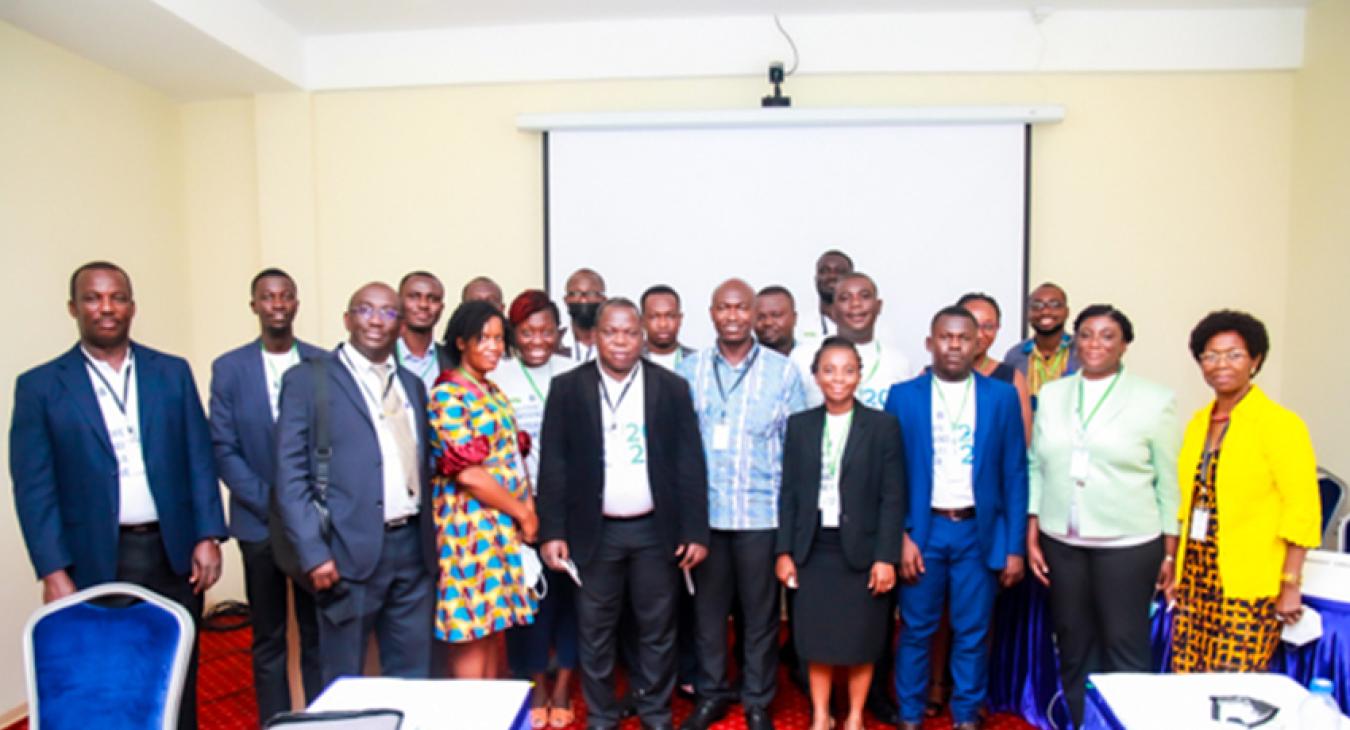The West Africa Center for Global Environmental and Occupational Health (GEOHealth), in partnership with the College of Health Sciences and the Ministry of Health, has held the first Scientific Conference and Policy Dialogue under the theme, “Electronic Waste Recycling Activities, Environment, and Human Health”.
The conference which provided a platform for engagement by academia, policy-makers, government, decision-makers, local authorities, and other relevant stakeholders to exchange ideas on key policy implications of electronic waste(e-waste) recycling activities and their impact on the environment and human health was a two-day hybrid programme.
The Pro-Vice-Chancellor, Research, Innovation and Development, Prof. Felix Ankomah Asante, who chaired first day’s session stated that the project was in line with the University’s vision of becoming a research intensive institution. Prof. Asante indicated that it was important for the country to commit to reducing e-waste, illegal mining and other pollutants. He agreed with the relevance of the theme to national development since the environment has an impact on food production and consumption.
The Provost of the College of Health Sciences, Prof. Julius Najah Fobil, presented an overview of the project. He reiterated the importance of the project and noted that the participants of the conference would provide adequate food for thought that would guide the engagement and deliberations during the programme.
The workshop was opened by the Guest Speaker, Prof. Kwabena Frimpong Boateng, Former Minister for Environment, Science, Technology and Innovation. In his address, he focused attention on electrical and electronic waste and illegal mining. He said: “The importation of obsolete electrical and electronic equipment from industrialised countries have worsened electrical and electronic waste control and management in Ghana. E-waste has now become the fastest growing component of municipal solid waste”.
Prof. Boateng also mentioned Government’s agreement with the German government on providing technical and financial cooperation to curb the e-waste situation in the country.
On illegal mining, the Guest Speaker noted that the harmful effects of calcium, lead, cadmium, arsenic, chromium, antimony and mercury are toxic metals when a person is exposed to any of them. Prof. Boateng declared that mercury vapour through inhalation can cause memory and speech loss, numbness, vision problems, convulsion, and in some cases, death.


